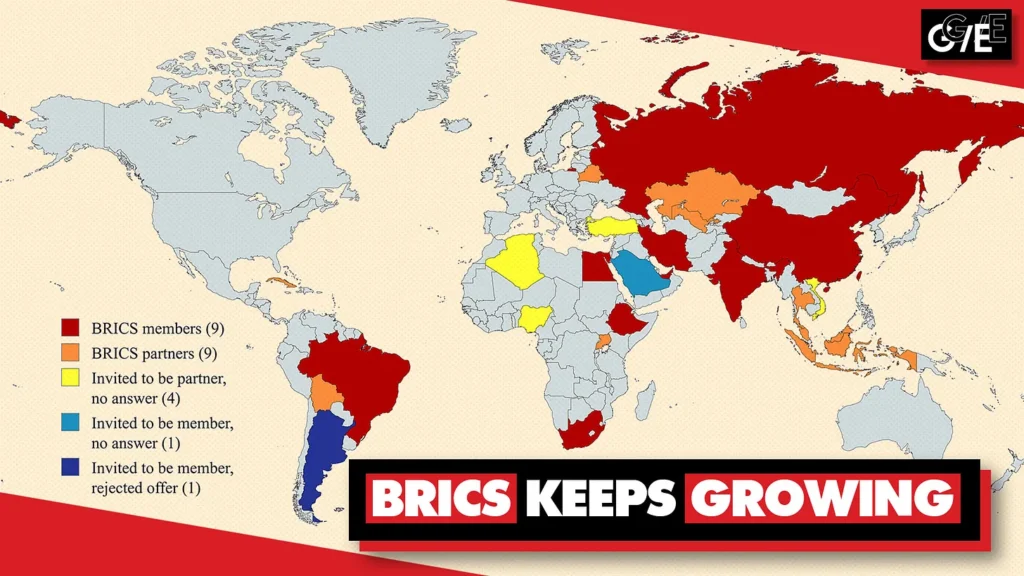Israeli Prime Minister Benjamin Netanyahu has threatened to terminate the ongoing ceasefire in Gaza if Hamas does not release Israeli hostages by noon on Saturday, marking a pivotal moment in the tense negotiations between the two sides. Netanyahu’s warning comes in response to Hamas’s announcement that it would postpone the release of additional hostages, heightening fears of a return to conflict in the region.
In a video statement following a four-hour meeting of Israel’s security cabinet, Netanyahu confirmed that he had ordered Israeli forces to position themselves around and within Gaza. “If Hamas does not return our hostages by Saturday noon, the ceasefire will end and the Israel Defense Forces [IDF] will resume intense fighting until the final defeat of Hamas,” he said. This escalation underscores the precarious nature of the ceasefire, which has been in effect for three weeks and is designed to facilitate the exchange of hostages for Palestinian detainees.
Hamas’s decision to delay the release, which was originally scheduled for this weekend, prompted strong reactions, including calls from former President Donald Trump for Israel to abandon the agreement entirely and escalate military operations if all hostages were not returned. This aligns with increased pressure on Hamas from Arab nations, particularly Egypt, which is seeking to revive discussions about the ceasefire and future reconstruction efforts in Gaza.
The situation remains fluid, with differing interpretations among Israeli officials regarding the hostage release terms. While some sources indicated that a continued ceasefire could be negotiated if the next group of three hostages were released as planned, others, including Israeli transport minister and war cabinet member Miri Regev, insisted that all remaining hostages must be freed for the ceasefire to endure.
The IDF has heightened its readiness in the Southern Command, responsible for operations in Gaza, and is bolstering its ranks with additional troops, including reservists. This military buildup signals Israel’s seriousness about its ultimatum and the potential for renewed hostilities should the situation not resolve favorably.
Hamas has countered that it remains committed to the ceasefire and has accused Israel of violating the terms of the agreement by obstructing the delivery of humanitarian aid—a claim Israel has vigorously denied. The Palestinian group contends that its moves are in good faith, with senior official Basem Naim emphasizing a willingness to cooperate with international mediators from the U.S., Qatar, and Egypt.
Further complicating the situation is Trump’s controversial proposal to reallocate Gaza, suggesting that the U.S. take control of the territory and facilitate the permanent relocation of its two million Palestinian residents. This proposal has sparked outrage among Palestinians and Arab leaders alike, who see it as a form of ethnic cleansing reminiscent of historical displacements during the establishment of Israel in 1948.
The ceasefire agreement was established to facilitate the exchange of 33 Israeli hostages for approximately 1,900 Palestinian prisoners and detainees. Thus far, 16 living hostages have been released under the terms of the deal, alongside five Thai hostages. However, many families remain anxious about the fate of the remaining hostages, particularly in light of reports suggesting that some may have already died.
In the broader context, the humanitarian crisis in Gaza continues to escalate, with over 48,000 deaths reported since the conflict intensified following Hamas’s unprecedented cross-border attack on October 7, 2023. The ongoing violence has resulted in widespread destruction, displacing most of Gaza’s population and leaving critical infrastructure in ruins.
As the deadline looms for the hostages’ release, the international community watches closely, hoping for a resolution that will not only see the safe return of those held captive but also pave the way for lasting peace in a region that has endured prolonged suffering and instability. The current standoff highlights the fragile nature of ceasefire agreements and the complex dynamics at play in the ongoing Israeli-Palestinian conflict.



